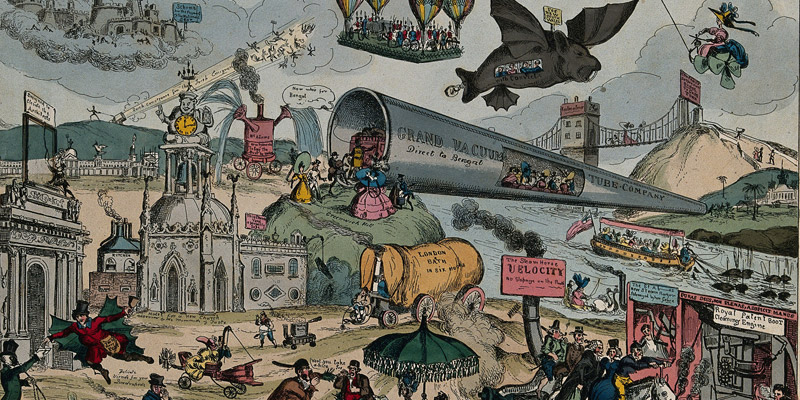
History and science have long been entwined in a symbiotic relationship, each influencing and shaping the other in countless ways. Through the study of history, we gain insights into the development of scientific thought and technological advancements. Conversely, scientific discoveries have significantly impacted our understanding of the past, revolutionizing historical research and interpretations. This essay aims to explore the interplay between history and science, elucidating the mutually beneficial relationship that exists between these two disciplines.
The study of history provides a vital context for understanding the evolution of scientific thought. It enables us to trace the development of scientific theories, experiments, and discoveries, revealing the social, cultural, and political forces that have influenced scientific progress. For example, the Scientific Revolution of the 16th and 17th centuries, a significant period in the history of science, was deeply rooted in the social and intellectual changes of the time, as well as the preceding philosophical and cultural developments.
Moreover, history offers critical insights into the ways in which scientific advancements have shaped human societies. From the Industrial Revolution to the Space Age, scientific breakthroughs have transformed economies, societies, and global politics, leaving an indelible mark on the course of history. Understanding this historical context is essential for comprehending the present and anticipating the future implications of scientific developments.


